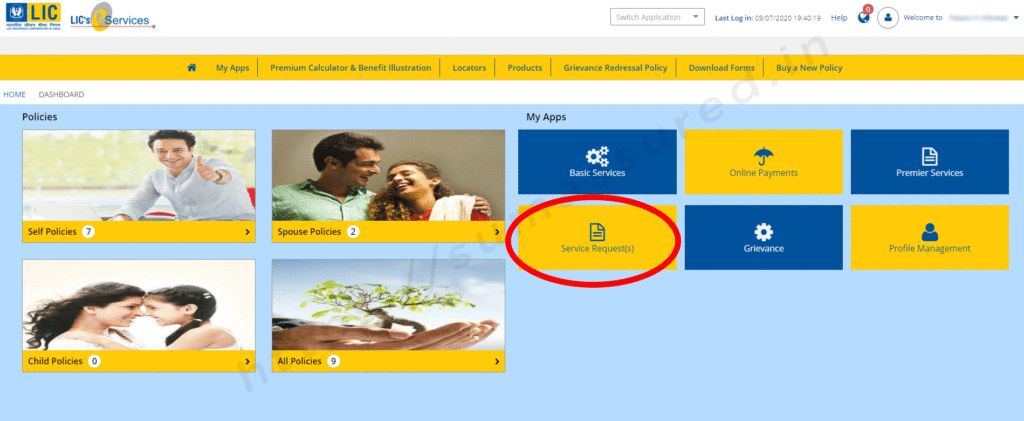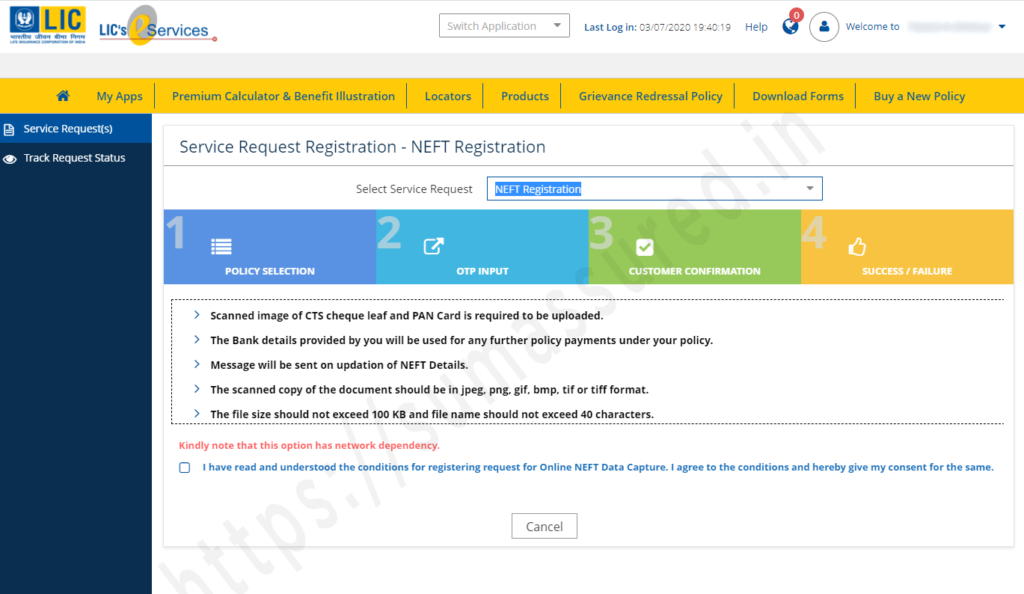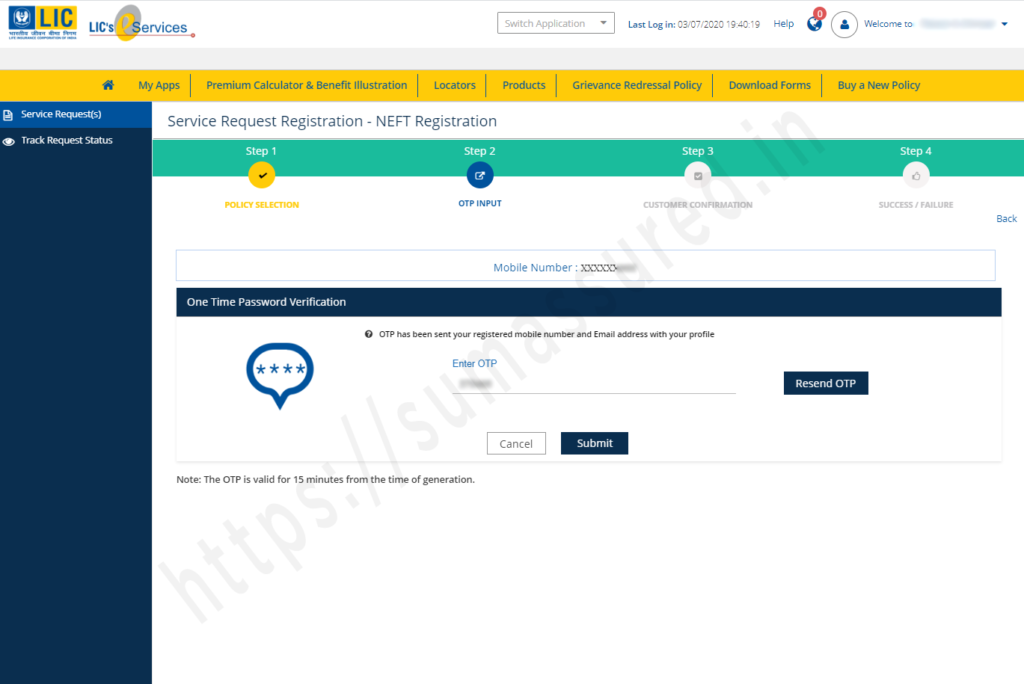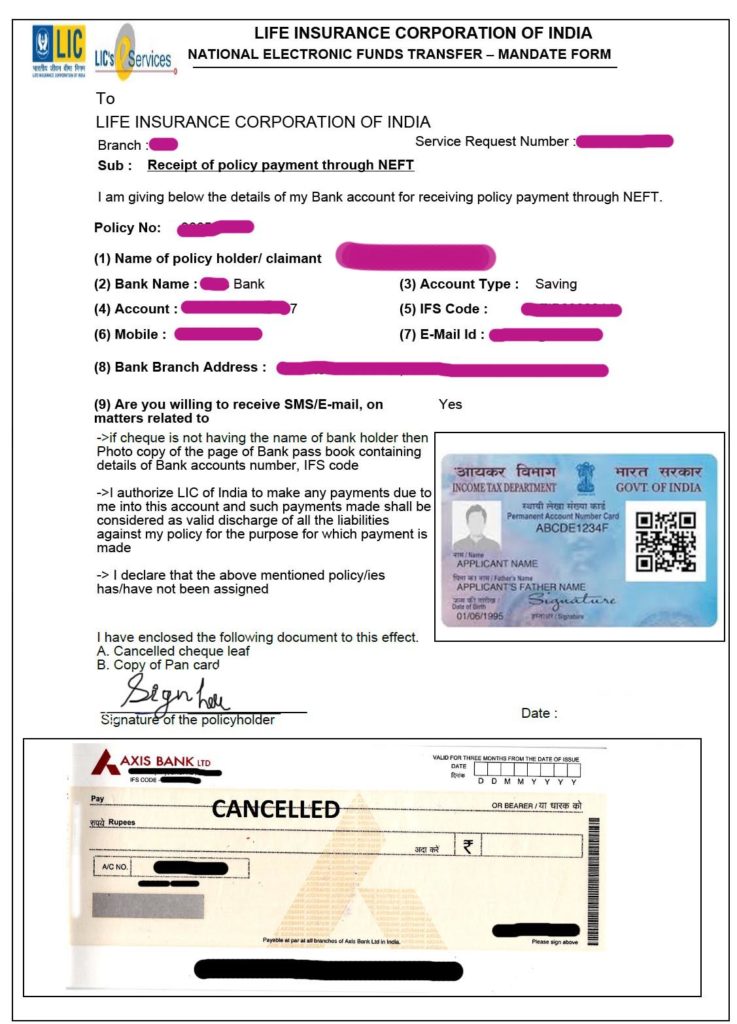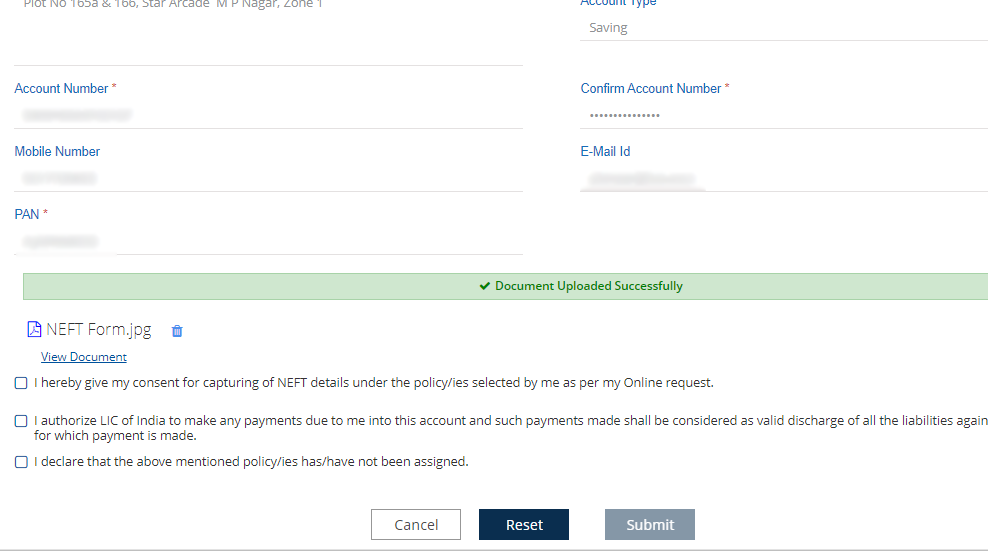Compare the Best Car Insurance Quotes – Save Big Today
When it comes to car insurance, we all want the best coverage at the lowest price. After all, our vehicles are valuable assets that we rely on every day. But with so many insurance companies and policies to choose from, finding the right one can feel overwhelming. That’s why comparing car insurance quotes is essential. By doing so, you can ensure that you’re getting the best deal and the coverage you need. In this article, we will discuss the importance of comparing car insurance quotes and how it can save you big today. So buckle up and get ready to hit the road with confidence knowing that you’ve made a smart and informed decision on your car insurance policy!
1-Understanding Car Insurance Coverage Types
Car insurance is a necessity for every vehicle owner. However, understanding the different types of coverage can be confusing. It’s important to know what each coverage type entails, so you can make an informed decision when selecting your policy.
Liability coverage is the most basic type of car insurance and is required by law in most states. It covers damages or injuries to other people or their property in an accident caused by you. This coverage does not protect your vehicle but compensates the other party instead.
Comprehensive coverage, on the other hand, protects your vehicle from non-collision incidents such as theft, vandalism, fire, or natural disasters. It covers the cost of repairs or replacement if your car is stolen, damaged, or destroyed by a covered event.
Collision coverage is designed to cover damages to your vehicle if it is involved in a collision with another vehicle or object. It helps pay for repairs or replacement, regardless of who is at fault for the accident.
Uninsured/underinsured motorist coverage is essential in situations where the at-fault party in an accident does not have sufficient insurance coverage or any insurance at all. It helps cover your medical expenses and property damage if you are involved in an accident with an uninsured or underinsured driver.
Understanding these car insurance coverage types is crucial to protect yourself and your vehicle. Make sure to carefully read and review your policy, and consider consulting an insurance professional to ensure you have adequate coverage for your needs.
2-Factors That Impact Your Car Insurance Rates
When it comes to car insurance rates, there are several factors that can greatly impact how much you pay for coverage. Insurance companies consider various elements in order to determine the level of risk you pose as a driver. Understanding these factors can help you to be more informed and potentially make smarter decisions when it comes to your car insurance.
One key factor that impacts your car insurance rates is your driving record. If you have a history of accidents, traffic violations, or DUIs, insurance companies will view you as a high-risk driver and charge you higher premiums. On the other hand, if you have a clean record, with no accidents or violations, you are likely to receive lower rates.
Another important factor is your age and experience as a driver. Young and inexperienced drivers are statistically more prone to accidents, hence they are considered higher risk and pay more for coverage. On the other hand, older and more experienced drivers are given more favorable rates due to their lower likelihood of accidents.
Your choice of vehicle also plays a significant role in determining your insurance rates. Insurance companies assess the safety ratings, theft rates, and repair costs associated with your vehicle’s make and model. If you own a car with a high theft rate or expensive repairs, you can expect to pay higher premiums.
Other factors that can impact your car insurance rates include your location, credit history, and even marital status. Living in an area with high crime rates or heavy traffic can result in higher rates. Insurance companies sometimes consider your credit history as well, as studies have shown a correlation between credit score and the likelihood of filing a claim. Lastly, married individuals typically receive lower rates, as statistics show that they are less likely to get involved in accidents compared to single drivers.
In conclusion, there are many factors that influence car insurance rates. By understanding and being aware of these factors, you can better navigate the world of car insurance and potentially find ways to lower your premiums. Remember to maintain a clean driving record, choose your vehicle wisely, and consider the other factors outlined above to ensure that you get the best possible rates for your car insurance coverage.
3-Tips for Getting the Best Car Insurance Quotes
Getting the best car insurance quotes is essential for anyone looking to save money on their insurance premiums. With countless insurance providers out there, it can be overwhelming to find the perfect policy that suits your needs. However, with a little research and these valuable tips, you can ensure you’re getting the best possible quotes.
Firstly, it’s important to shop around and compare different insurance providers. Don’t settle for the first quote you receive, as the prices can vary significantly between companies. Take advantage of online comparison websites to input your details and receive multiple quotes instantly. This will give you a clearer picture of what’s available and enable you to make an informed decision.
Additionally, consider adjusting your coverage levels to save money. Assess your needs and determine if you require additional coverage that may not be necessary. By carefully reviewing what you need, you can tailor your policy to fit your requirements while avoiding paying for unnecessary extras. It’s a delicate balance between having adequate coverage and not overspending on premiums.
Another important tip is to maintain a good driving record. Insurance companies generally offer lower premiums to drivers with clean records, as they are considered lower risk. Avoid speeding tickets, accidents, and other traffic violations to keep your rates as low as possible. Additionally, completing a defensive driving course can help reduce your premiums further.
In conclusion, getting the best car insurance quotes is all about doing your homework and comparing. Don’t be afraid to shop around and negotiate with different providers. Adjust your coverage levels to suit your needs and always keep a clean driving record. By following these tips, you can save money while ensuring you have the coverage you need in case of any unforeseen events on the road.
4-Top Car Insurance Companies to Consider
When it comes to purchasing car insurance, it’s important to choose a reliable company that offers excellent coverage and customer service. With so many options available, it can be overwhelming to determine which insurance provider is the best fit for you. To help simplify the decision-making process, we’ve compiled a list of the top car insurance companies to consider.
One of the leading car insurance companies is State Farm. Known for its extensive network of agents and reliable coverage options, State Farm offers a range of policies to fit different needs and budgets. With its excellent customer service and easy claims process, State Farm has built a strong reputation in the insurance industry.
Another top contender is Geico, which is widely recognized for its affordable rates and user-friendly online platform. Geico offers a range of coverage options, including liability, comprehensive, and collision insurance. With its 24/7 customer support and convenient mobile app, Geico provides a seamless experience for policyholders.
Progressive is also worth considering, especially for those who value a simple and transparent pricing structure. Progressive’s unique Snapshot program rewards safe drivers with discounts based on their driving habits. With its competitive rates and accessible online tools, Progressive has become a popular choice for car insurance.
Ultimately, the best car insurance company for you will depend on your unique needs and preferences. It’s always a good idea to compare quotes from multiple providers and research customer reviews before making a decision. Remember, investing time in finding the right car insurance company can provide peace of mind on the road.
5-How to Choose the Right Amount of Coverage for Your Needs
When it comes to insurance, one size does not fit all. Each person’s situation is unique, and their coverage needs will reflect that. Whether you’re looking for health insurance, auto insurance, or home insurance, it’s important to choose the right amount of coverage for your specific needs.
First, assess your risks and potential losses. Consider what assets you want to protect and what risks you’re exposed to. For example, if you live in an area prone to natural disasters, you may need additional coverage for your home. If you have a high-value vehicle, you’ll want to ensure you have adequate coverage in case of an accident or theft.
Next, evaluate your budget. Determine how much you can comfortably afford to pay in premiums each month. Remember, while it’s important to have enough coverage, you also don’t want to overpay for coverage you don’t need. Finding the right balance between adequate coverage and affordability is key.
Additionally, consider your personal circumstances. Are you the sole provider for your family? Do you have dependents or a mortgage? Think about the financial impact if something were to happen to you or your property. This will help you determine the amount of coverage you need to provide financial protection for yourself and your loved ones.
Lastly, don’t be afraid to seek professional advice. Insurance agents and brokers can provide valuable insights and guidance to help you choose the right amount of coverage for your needs. They can assess your risk profile, explain different coverage options, and help you navigate the complexities of insurance policies.
Choosing the right amount of coverage is crucial to protect yourself, your loved ones, and your assets. By assessing your risks, evaluating your budget, considering your personal circumstances, and seeking professional advice, you can make an informed decision and ensure you have the right amount of coverage for your specific needs.
6-Comparing Car Insurance Quotes Online
In today’s digital age, convenience is key. From ordering groceries to booking flights, we can accomplish almost anything with just a few clicks. So why not apply the same convenience to comparing car insurance quotes? Gone are the days of spending hours on the phone or driving from one insurance office to another. Now, finding the best car insurance deal is as simple as filling out an online form.
The process of comparing car insurance quotes online is not only efficient but also allows you to access a wide range of options. With just a few details about your car and driving history, you can instantly receive multiple quotes from various insurance providers. This means that you can easily compare different coverage options and prices, ensuring that you make an informed decision.
Not only does comparing car insurance quotes online save you time and effort, but it also helps you save money. By having access to multiple quotes, you can easily identify the most competitive rates in the market. Additionally, many insurance comparison websites offer exclusive discounts and promotions, further helping you to secure a great deal.
However, it’s important to approach online car insurance quotes with caution. While the process is convenient, it’s essential to carefully review the coverage and terms of each policy. Take the time to read the fine print and make sure you fully understand what is included in the quoted price. Additionally, consider the reputation and reliability of the insurance provider before making a final decision.
In conclusion, comparing car insurance quotes online is a convenient and efficient way to find the best coverage for your vehicle. It allows you to save time, effort, and money while accessing multiple options. Just remember to approach the process with caution and always ensure that you fully understand the terms and conditions of each policy. So why wait? Start comparing car insurance quotes online today and secure the best deal for your vehicle.
7-Saving Money on Car Insurance: Discounts and Bundling Options
When it comes to saving money on car insurance, there are a few strategies that can effectively lower your premiums. One of the most common ways is to take advantage of discounts. Car insurance companies often offer a wide range of discounts, such as safe driver discounts for those with a clean driving record, multi-car discounts for insuring multiple vehicles under the same policy, and student discounts for young drivers who maintain good grades.
Another way to save money on car insurance is by bundling your policies. Many insurance companies offer discounts for bundling multiple policies, such as combining your car insurance with your homeowner’s or renter’s insurance. This can not only lead to lower premiums but also make it more convenient to manage your insurance policies.
It’s also worth exploring other options to reduce your car insurance costs. For example, installing safety devices in your vehicle, such as anti-theft alarms or dashcams, can often lead to discounts. Likewise, opting for a higher deductible can lower your premiums. However, it’s important to assess your financial situation and ability to pay a higher deductible in case of an accident.
In conclusion, saving money on car insurance is possible by taking advantage of discounts, bundling policies, and considering other cost-saving options. By understanding the available options and doing thorough research, you can find the best insurance coverage for your needs while also lowering your premiums. Remember to review your policy regularly and compare quotes from different insurers to ensure that you are getting the best deal possible.
8-The Importance of Shopping Around for Car Insurance Quotes
Shopping around for car insurance quotes is more important than ever. With so many insurance providers competing for business, it’s essential to compare rates and coverage options before making a decision. By taking the time to shop around, you can potentially save hundreds of dollars on your car insurance premiums each year.
One of the main reasons why shopping around is crucial is that insurance rates can vary significantly from one company to another. Each insurance provider has its own unique approach to determining rates, taking into account factors such as your age, driving history, and the type of car you drive. By getting quotes from multiple companies, you can compare prices to ensure you’re getting the best deal.
Another important factor to consider when shopping for car insurance is the coverage options offered by each company. While price is important, it’s equally essential to make sure your policy provides the coverage you need. By shopping around, you can evaluate different coverage options and find the policy that best suits your needs and budget.
Lastly, shopping around for car insurance quotes allows you to assess the customer service and reputation of each insurance provider. Reading reviews and talking to friends and family can give you insights into the experiences of others with a particular company. This information can help you make an informed decision and choose an insurance provider that not only offers competitive rates but also has a track record of excellent customer service.
In conclusion, shopping around for car insurance quotes is a crucial step in finding the best coverage at the most affordable price. By comparing rates, coverage options, and customer reviews, you can make an informed decision that suits your needs and budget. Don’t settle for the first quote you receive; take the time to shop around and potentially save yourself hundreds of dollars on your car insurance premiums.
9-Common Mistakes to Avoid When Getting Car Insurance Quotes
Car insurance is an essential aspect of owning and operating a vehicle. However, many people make common mistakes when obtaining car insurance quotes that can end up costing them in the long run. One of the most common mistakes is not shopping around for different quotes. It’s important to compare rates from multiple insurance providers to ensure you are getting the best deal. Another mistake is not providing accurate information when requesting a quote. Failing to disclose details such as previous accidents or traffic violations can result in higher premiums or even the denial of coverage in the future.
Another common mistake is not understanding the coverage options and terms listed in the quotes. It’s crucial to carefully review the policy’s details and ask questions to clarify any uncertainties. Many individuals may also overlook the importance of reading customer reviews and researching the insurance company’s reputation. Choosing a reputable insurer is vital as it ensures reliable claims handling and customer support.
Lastly, one common oversight is not considering discounts that may be available. Insurance providers often offer various discounts, such as multi-policy or safe driver discounts, which can significantly reduce premium costs. Taking the time to inquire about these discounts can save you money on your car insurance coverage.
In conclusion, when seeking car insurance quotes, it’s important to avoid common mistakes that can impact both your coverage and premium. By shopping around, providing accurate information, understanding the policy terms, researching the insurer, and considering available discounts, you can ensure you are getting the best coverage at the most affordable price.
10-Final Steps to Securing Affordable and Reliable Car Insurance
Securing car insurance that is both affordable and reliable is a crucial step for any car owner. With so many options available in the market, it can be overwhelming to choose the right insurance policy. However, there are a few final steps you can take to ensure you make the best decision.
Firstly, it is important to gather quotes from multiple insurance providers. Comparing rates and coverage options will give you a clear idea of what is available in the market. Make sure to provide accurate information about your vehicle and driving history to get accurate quotes. This will help you identify the most affordable options that meet your requirements.
Secondly, when reviewing insurance policies, pay close attention to the level of coverage they offer. It is crucial to choose a policy that not only fits your budget but also provides adequate protection. Consider the deductibles, liability coverage, and additional benefits included in the policy. You want to ensure that you are adequately protected in the event of an accident or other unforeseen circumstances.
Lastly, before finalizing your car insurance, it is important to research the financial strength and reputation of the insurance company. Look for customer reviews and ratings to gauge their reliability and customer service. The last thing you want is to choose an insurance company that is difficult to work with when you need it the most.
In conclusion, securing affordable and reliable car insurance involves gathering quotes, comparing coverage options, and researching insurance companies. By following these final steps, you can choose a policy that not only fits your budget but also provides the necessary protection for your vehicle. Remember, car insurance is not just an expense but a vital asset that safeguards your financial well-being in case of an accident.
11-The Importance of Shopping Around for Car Insurance Quotes
When it comes to car insurance, one of the most important things you can do is shop around for quotes. Many people tend to settle for the first option that comes their way, without considering the potential savings they could achieve by doing some research. The truth is, car insurance rates can vary significantly from one provider to another, and taking the time to compare quotes can make a big difference in terms of your monthly premiums.
Shopping around for car insurance quotes allows you to explore different coverage options and pricing structures. Each insurance company has its own unique set of factors that affect how they calculate premiums, such as your driving record, age, and the type of vehicle you own. By obtaining quotes from multiple providers, you can get a better understanding of the range of prices available to you, allowing you to make a more informed decision about the coverage that suits your needs and budget.
Furthermore, shopping around for car insurance quotes empowers you as a consumer. It enables you to negotiate and potentially secure a better deal with your current provider, or even prompt them to offer more competitive rates. Having multiple quotes in hand gives you leverage to negotiate effectively, as you can use the information to highlight the more affordable options available to you. This way, you can ensure you’re not overpaying for your coverage and that you’re getting the best value for your money.
In conclusion, taking the time to shop around for car insurance quotes is an essential step in the process of obtaining coverage. With the wide range of premiums and coverage options available, comparing quotes enables you to make an informed decision and potentially save money. It also gives you the power to negotiate with insurance providers for more competitive rates. So, before you settle on your next car insurance policy, be sure to shop around and explore the options available to you.
Shopping around for car insurance quotes is more important than ever. With so many insurance providers competing for business, it’s essential to compare rates and coverage options before making a decision. By taking the time to shop around, you can potentially save hundreds of dollars on your car insurance premiums each year.
One of the main reasons why shopping around is crucial is that insurance rates can vary significantly from one company to another. Each insurance provider has its own unique approach to determining rates, taking into account factors such as your age, driving history, and the type of car you drive. By getting quotes from multiple companies, you can compare prices to ensure you’re getting the best deal.
Another important factor to consider when shopping for car insurance is the coverage options offered by each company. While price is important, it’s equally essential to make sure your policy provides the coverage you need. By shopping around, you can evaluate different coverage options and find the policy that best suits your needs and budget.
Lastly, shopping around for car insurance quotes allows you to assess the customer service and reputation of each insurance provider. Reading reviews and talking to friends and family can give you insights into the experiences of others with a particular company. This information can help you make an informed decision and choose an insurance provider that not only offers competitive rates but also has a track record of excellent customer service.
In conclusion, shopping around for car insurance quotes is a crucial step in finding the best coverage at the most affordable price. By comparing rates, coverage options, and customer reviews, you can make an informed decision that suits your needs and budget. Don’t settle for the first quote you receive; take the time to shop around and potentially save yourself hundreds of dollars on your car insurance premiums.
12-Common Mistakes to Avoid When Getting Car Insurance Quotes
Car insurance is an essential aspect of owning and operating a vehicle. However, many people make common mistakes when obtaining car insurance quotes that can end up costing them in the long run. One of the most common mistakes is not shopping around for different quotes. It’s important to compare rates from multiple insurance providers to ensure you are getting the best deal. Another mistake is not providing accurate information when requesting a quote. Failing to disclose details such as previous accidents or traffic violations can result in higher premiums or even the denial of coverage in the future.
Another common mistake is not understanding the coverage options and terms listed in the quotes. It’s crucial to carefully review the policy’s details and ask questions to clarify any uncertainties. Many individuals may also overlook the importance of reading customer reviews and researching the insurance company’s reputation. Choosing a reputable insurer is vital as it ensures reliable claims handling and customer support.
Lastly, one common oversight is not considering discounts that may be available. Insurance providers often offer various discounts, such as multi-policy or safe driver discounts, which can significantly reduce premium costs. Taking the time to inquire about these discounts can save you money on your car insurance coverage.
In conclusion, when seeking car insurance quotes, it’s important to avoid common mistakes that can impact both your coverage and premium. By shopping around, providing accurate information, understanding the policy terms, researching the insurer, and considering available discounts, you can ensure you are getting the best coverage at the most affordable price.
13-Final Steps to Securing Affordable and Reliable Car Insurance
Securing car insurance that is both affordable and reliable is a crucial step for any car owner. With so many options available in the market, it can be overwhelming to choose the right insurance policy. However, there are a few final steps you can take to ensure you make the best decision.
Firstly, it is important to gather quotes from multiple insurance providers. Comparing rates and coverage options will give you a clear idea of what is available in the market. Make sure to provide accurate information about your vehicle and driving history to get accurate quotes. This will help you identify the most affordable options that meet your requirements.
Secondly, when reviewing insurance policies, pay close attention to the level of coverage they offer. It is crucial to choose a policy that not only fits your budget but also provides adequate protection. Consider the deductibles, liability coverage, and additional benefits included in the policy. You want to ensure that you are adequately protected in the event of an accident or other unforeseen circumstances.
Lastly, before finalizing your car insurance, it is important to research the financial strength and reputation of the insurance company. Look for customer reviews and ratings to gauge their reliability and customer service. The last thing you want is to choose an insurance company that is difficult to work with when you need it the most.
In conclusion, securing affordable and reliable car insurance involves gathering quotes, comparing coverage options, and researching insurance companies. By following these final steps, you can choose a policy that not only fits your budget but also provides the necessary protection for your vehicle. Remember, car insurance is not just an expense but a vital asset that safeguards your financial well-being in case of an accident.










 (From left to right: Michael F. Thomas, Executive Vice President, Glenn Insurance; Susan Sykes, Senior Commercial Lines Underwriter, Glenn Insurance; Tim Glenn, President, Glenn Insurance; Claudia Ratzlaff, CEO, Avanzar; Cheryl Tamasitis, Associate Vice President, Nationwide; and Ross Setlow, Territory Manager, Nationwide.)
(From left to right: Michael F. Thomas, Executive Vice President, Glenn Insurance; Susan Sykes, Senior Commercial Lines Underwriter, Glenn Insurance; Tim Glenn, President, Glenn Insurance; Claudia Ratzlaff, CEO, Avanzar; Cheryl Tamasitis, Associate Vice President, Nationwide; and Ross Setlow, Territory Manager, Nationwide.)![Medical Mortgage Loan Programs [MD–PharmD +] Medical Mortgage Loan Programs [MD–PharmD +]](https://i2.wp.com/www.leveragerx.com/wp-content/uploads/2023/04/unnamed-5-300x200.jpg?w=696&resize=696,0&ssl=1)















